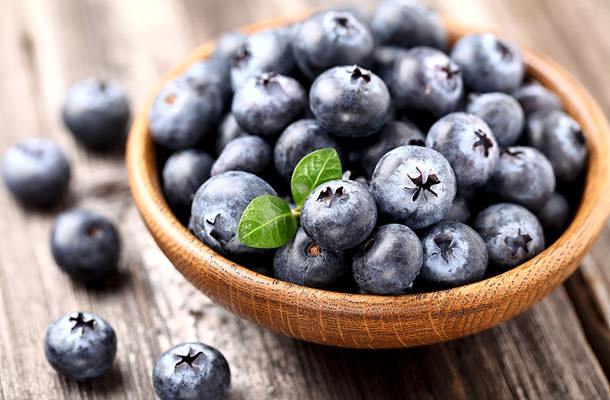Superfoods – Real Or Overrated?

Superfoods provide maximum nutritional benefit with minimum caloric impact. They are loaded with elements that are essential to good health: antioxidants, compounds, vitamins, minerals, omega 3s, the list goes on.
Let’s start by taking a look at blueberries, a chart-topper across dozens of ‘Top Superfoods’ lists. In addition to containing few calories and little fat, the fibre in blueberries curbs hunger and promotes digestion while the fruit’s antioxidants defuse cancer-causing free radicals. It doesn’t end there; vitamin C helps produce collagen to aid in the repair of damaged cells and anthocyanins are believed to reduce inflammation and blood pressure.
Salmon is another favourite among superfood fans, offering vitamin D for bone health, B12 for nerve and blood cell health, niacin to convert carbohydrates to energy, and omega 3s for the prevention of heart disease and stroke.
There’s no denying that many of the foods deemed ‘super’ have a great deal of health benefits to offer; thanks to science, the effects of nutrients found in blueberries and salmon such as vitamin C, antioxidants, and omega 3s have been tested and confirmed.

On the other hand, ‘superfood’ has no definitive meaning and is subjective in nature. The term’s ambiguity and lack of specific guidelines are to blame for its overuse in the health industry, which has ultimately resulted in a market full of misinformed consumers.
Many food manufacturers have added to the problem, taking advantage of the obsession by deceptively marketing their products in the same way. So, are they real?
Superfoods, by definition, contain more vitamins, minerals, and nutrients than most other options at the grocery store. Vague? Yes. Even so, the reality of superfood is indisputable. There are foods that contain more health-promoting elements than others. Taking advantage of such superfoods is important but can be difficult due to non-experts who have polluted the Internet with misleading information.












